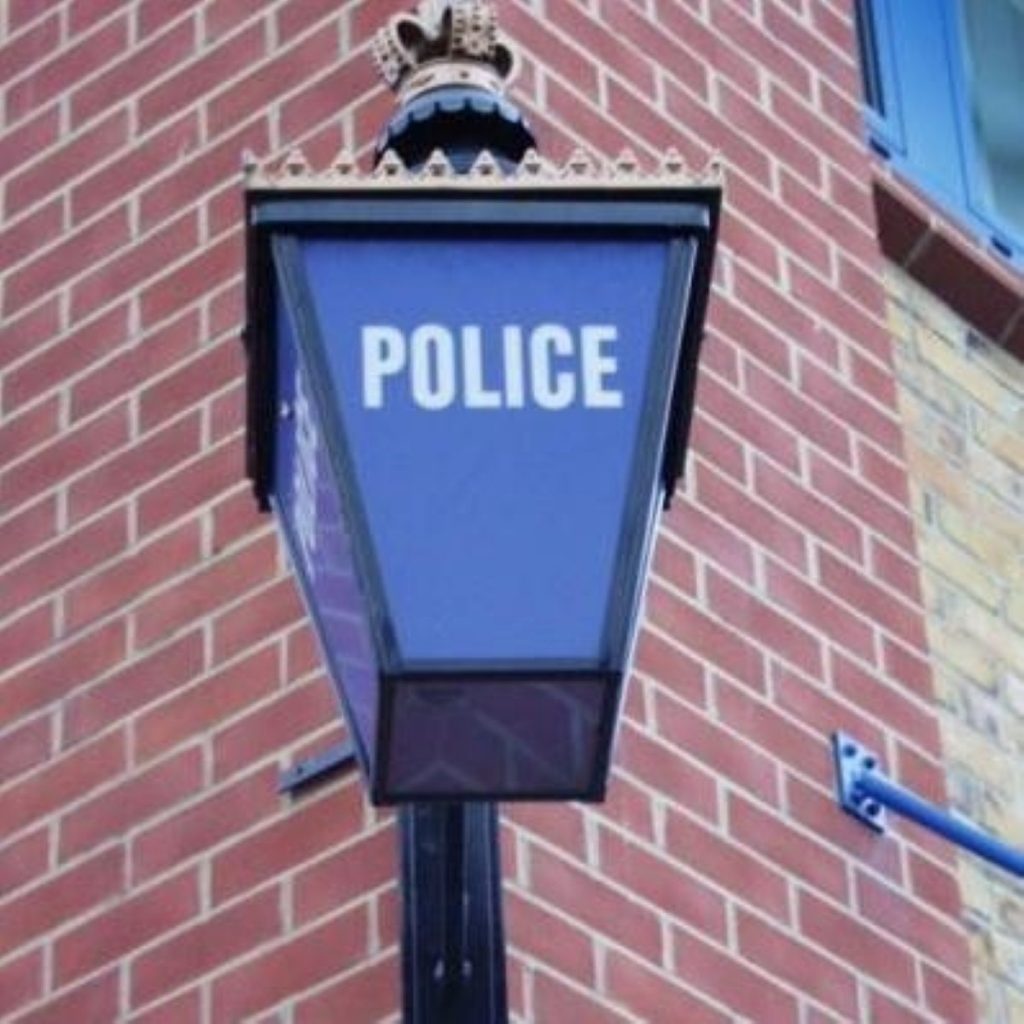Bail legislation rushed through Commons
By Alex Stevenson Follow @alex__stevenson
MPs are to debate a government move opposed by senior lawyers to reverse the high court's ruling on police bail.
The police (detention and bail) bill will prevent officers having to count the time criminal suspects spend on bail as part of the four-day maximum period of pre-charge detention.
The emergency legislation, which will receive its second and third reading in the Commons later, prevents a shift which senior police officers claimed would have fundamentally undermined the "careful balance" established in the Police and Criminal Evidence Act 1986.


Around 80,000 suspects are on police bail across the country. Most would have had to be released without charge had no emergency legislation been introduced.
In an open letter published today, lawyers claimed a culture of "bail and see" had developed which undermined effective investigation before the 96-hour arrest period.
"We ask that if changes are to be made to this important area of public law, they take place not as a result of rushed emergency legislation," they wrote.
Home secretary Theresa May has insisted rushing the bill through parliament is essential, however.
"The ability to bail suspects is a crucial part of how the police investigate criminals and protect victims," she said as she published the bill on Tuesday.
"I will always give police the powers they need to protect the public, that is why emergency legislation is required."
Yesterday the supreme court rejected an appeal against the original ruling, which came from a district judge at Salford magistrates court in the case of murder suspect Mark Hookway.
The bill will move to the Lords early next week and receive royal assent soon afterwards, the Home Office said.












